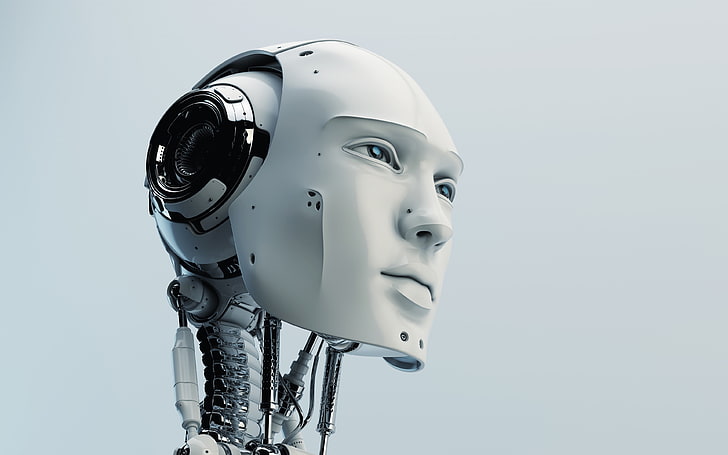Unleashing the Power of Artificial Intelligence: A Journey Through Innovation
Unleashing the Power of Artificial Intelligence: A Journey Through Innovation
Blog Article

Artificial intelligence has become a transformative force in our modern world, shaping industries and revolutionizing the way we live and work. This remarkable technology, which enables machines to learn from experience, adapt to new inputs, and perform tasks that typically require human intelligence, holds incredible potential for driving innovation and progress across various sectors.
Artificial Intelligence Search Engine
From enhancing customer experiences to optimizing business operations, artificial intelligence is paving the way for unprecedented advancements in fields such as healthcare, finance, and manufacturing. As we delve deeper into the realm of AI, we uncover a vast landscape of possibilities and opportunities waiting to be explored. Join us on a journey through innovation as we unlock the full potential of artificial intelligence and witness the limitless possibilities it offers for creating a brighter, more efficient future.
Overview of Artificial Intelligence
In today's fast-paced world, artificial intelligence (AI) has emerged as a transformative force across various industries. AI encompasses technologies that allow machines to mimic human cognitive functions, enabling them to learn, reason, and solve complex problems.
One of the key components of AI is machine learning, which involves algorithms that improve their performance over time as they are exposed to more data. This ability of machines to adapt and make predictions based on patterns has revolutionized the way businesses operate and make decisions.
Natural language processing (NLP) is another crucial aspect of AI that enables machines to interpret and understand human language. From chatbots to language translation tools, NLP has enhanced communication between machines and humans, making interactions more seamless and efficient.
Applications of Artificial Intelligence
In the world of healthcare, artificial intelligence plays a crucial role in revolutionizing patient care. AI algorithms can analyze vast amounts of medical data to assist doctors in diagnosing diseases more accurately and efficiently. Additionally, AI-powered robots are able to perform complex surgeries with precision, reducing the margin of error and improving patient outcomes.
The retail industry has also embraced artificial intelligence to enhance the customer experience. AI algorithms are used to predict consumer behavior and preferences, allowing businesses to personalize marketing strategies and recommend products tailored to individual shoppers. Furthermore, chatbots powered by AI are being deployed to provide real-time customer support, improving customer satisfaction and driving sales.
Artificial intelligence is transforming the transportation sector through innovations such as autonomous vehicles. AI technology enables self-driving cars to navigate roads safely and efficiently, reducing the risk of accidents caused by human error. Moreover, AI systems are used to optimize traffic flow and improve transportation logistics, leading to faster and more reliable delivery services.
Future of Artificial Intelligence
Artificial intelligence continues to pave the way for groundbreaking advancements in various sectors. Its potential to revolutionize industries such as healthcare, finance, and transportation is limitless. By harnessing the power of AI, companies can streamline operations, enhance customer experiences, and drive innovation like never before.
As AI technologies evolve, we can expect to see even more sophisticated algorithms and machine learning models being developed. This will enable AI systems to become more adept at complex tasks, such as natural language processing, image recognition, and even emotional intelligence. The future of artificial intelligence lies in creating systems that can not only perform tasks efficiently but also possess a level of adaptability and human-like understanding.
One of the key challenges moving forward will be ensuring the ethical and responsible use of artificial intelligence. As AI becomes more integrated into our daily lives, we must prioritize transparency, accountability, and privacy. By establishing robust governance frameworks and guidelines, we can unlock the full potential of AI while safeguarding against potential risks and biases.
Report this page